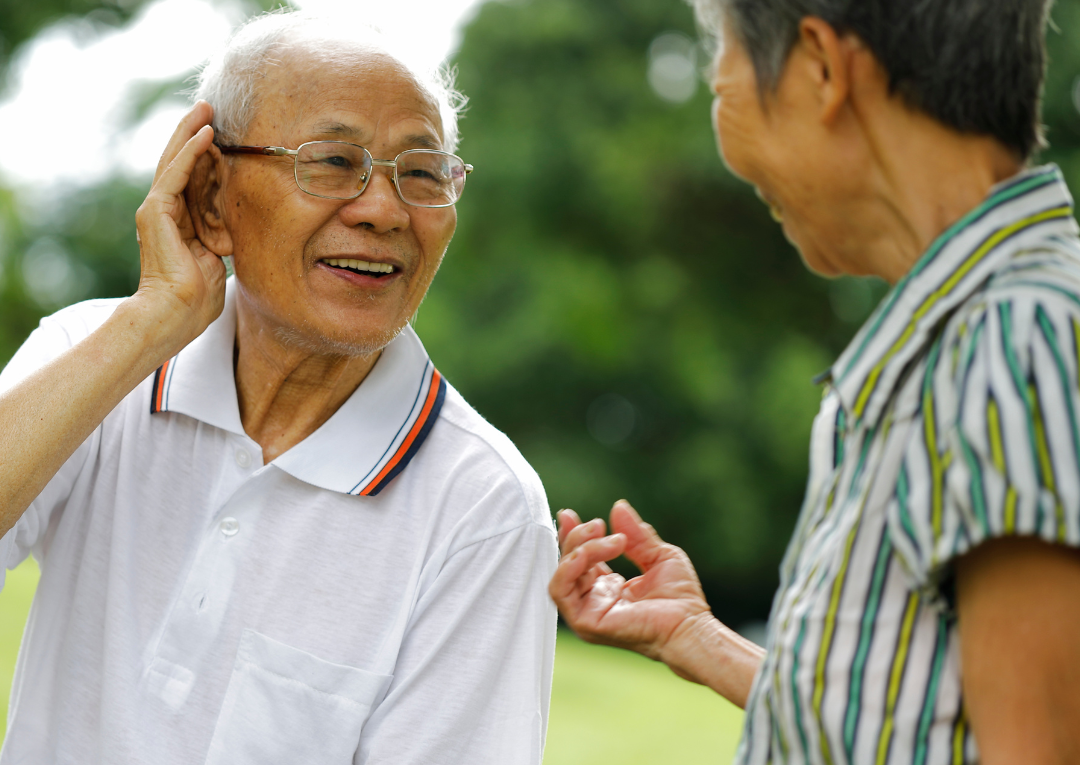Five Symptoms Of Hearing Loss and What To Do About It
Five Symptoms Of Hearing Loss and What To Do About It
Hearing loss can come on gradually as we age and can occur for a variety of reasons. Whether your hearing loss is caused by aging, exposure to loud noises, or a temporary cause like an earwax buildup, you can take steps with an audiologist to improve your hearing and manage further loss. It can be daunting to go to a hearing center for the first time if you’ve never been to one before but it’s the best thing that you can do if you’re concerned about your hearing. You should get as much support as possible to ensure that your hearing is where it should be.
There are a few symptoms that could suggest you are beginning to lose your hearing. If you’re concerned, look out for these signs.
- Pay attention to how you hear sounds. Do speech or other sounds sound muffled to you when they should be clear?
- When in conversation, do you have difficulty understanding words? Is it difficult to follow a conversation in a crowd or somewhere with a lot of background noise?
- Do you find that when listening to people speak you have trouble hearing consonants? These sounds are often the first to become harder to hear and can be a giveaway that there’s a problem.
- When talking, do you often have to ask others to speak more slowly, ask for them to speak louder or more?
- Do you need to turn up the television or radio louder than you used to, or do your family complain that you have them up too loud when to you it sounds fine?
If your hearing loss has come on suddenly, especially if it appears to be in one ear only, seek medical attention as soon as possible. If your hearing loss is beginning to have an impact on your daily life, you should see your doctor too, and ask for advice. If hearing loss is gradual, it can be hard to be sure that’s the problem, but a doctor can help you pinpoint if this is the issue.
If you’re beginning to experience hearing loss, there are steps you can take to stop the issue from getting worse. Protect yourself from causing noise-induced hearing loss, and stop age-related loss from getting worse.
Always protect your ears. Try to limit the duration and intensity of exposure to loud noises whenever you can. If you work with loud materials or like to go to nightclubs or concerts, protect your hearing by wearing plastic earplugs or glycerin-filled earmuffs. If you are exposed to loud noises regularly, whether at work or from your hobbies, make sure you have your ears tested often. This means you can catch any issues early and take steps to prevent further hearing loss.
There are lots of risks in life, like using power tools, going to rock concerts, listening to loud music, riding a motorbike, or hunting. Wear hearing protectors when you’re taking part in loud activities, and take breaks from the noise to reduce the risk of damage. When listening to music or watching TV, turn the volume down to help you hear too.
Protecting your hearing is very important. Losing your hearing can affect your quality of life. If the conversation is difficult, you might experience feelings of isolation loneliness, and even depression. Care for your hearing to protect your quality of life.
